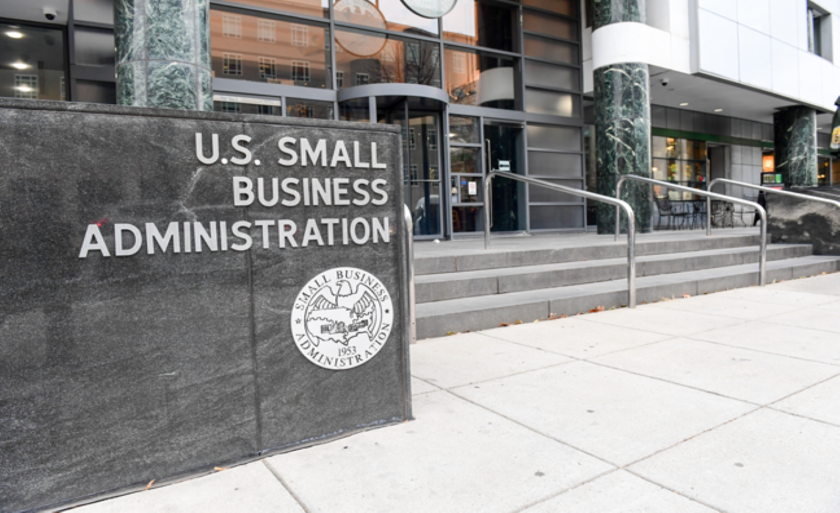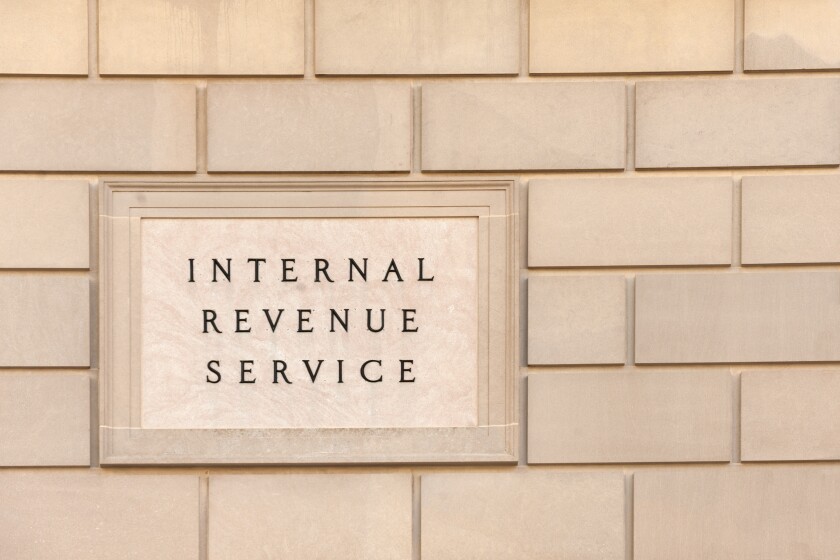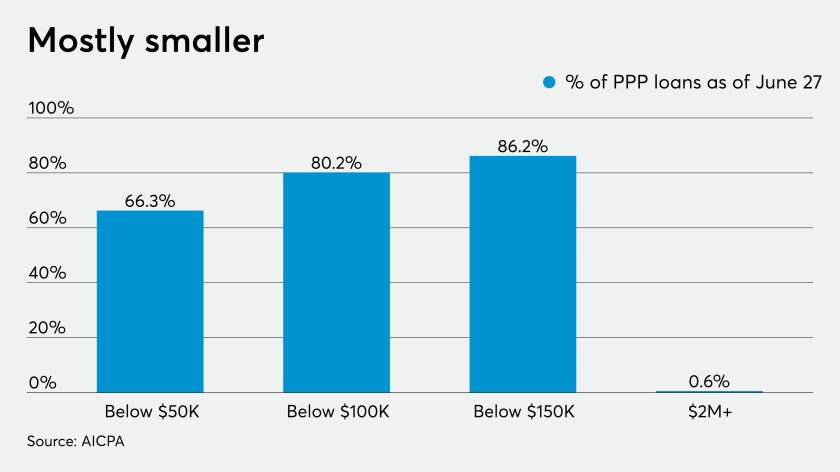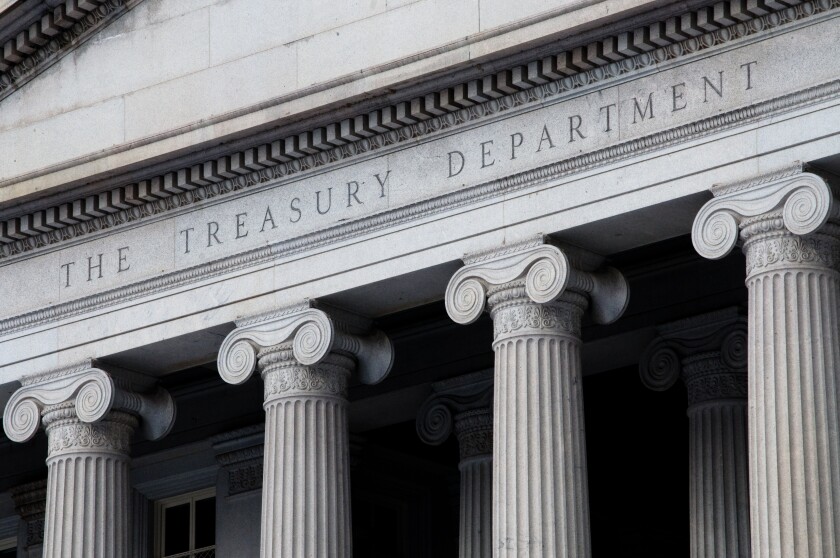The single-family house on Forestview Avenue in Euclid, Ohio, a suburb of Cleveland, shows no signs of farming activity. The only things growing on the one-eighth-acre plot are trees, shrubs and grass.
The coronavirus pandemic has introduced a number of new areas that companies need to address.
The U.S. Small Business Administration and the Treasury Department are making it easier for companies to get their Paycheck Protection Program loans of $50,000 or less forgiven.
Lenders welcomed the move as a helpful first step but are still urging policymakers to develop a broader, simpler process for expediting the approvals of loans extended to troubled small businesses under the Paycheck Protection Program.
The Internal Revenue Service said Tuesday that lenders who make Paycheck Protection Program loans that are later forgiven under the CARES Act should not file information returns or furnish payee statements to report the forgiveness.
Companies that took advantage of federal pandemic-relief efforts like payroll tax deferrals will face bigger bills next year.
Requiring so little from applicants and giving so little guidance to them is virtually begging for fraudulent loan applications to be submitted or for good faith errors to be made.
The Trump administration said it’s recovered almost 70 percent of $1.6 billion in relief payments mistakenly sent to dead people.
Several significant changes are probably in store for next tax season.
The Internal Revenue Service plans to correct penalties mistakenly levied on employers who reduced their tax deposits because they expected to claim some of the new tax credits to which they’re entitled.














